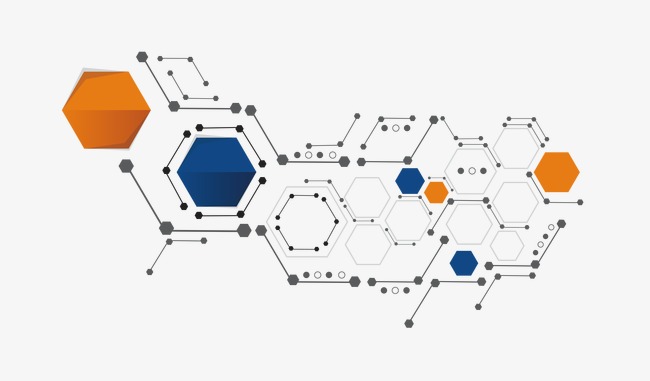New, Glorious and Supportive Science
January 31, 2019
FUSD has been going through many curriculum changes in the past few years, particularly in science and math subjects. From the introduction of Common Core to the implementation of Next Generation Science Standards (NGSS), most of these changes have been met with backlash from students. Despite some growing pains, NGSS is designed to help students be better prepared for college and future careers and is more beneficial than previous systems in the long run.
NGSS is much more expansive and thorough than all previous systems and is better structured for preparing high schoolers for the future. Fourty40 states have shown interest in NGSS, and 19 have already adapted the program. This means that there will soon be uniformity between high schools across the nation, which ensures students won’t be behind when they reach college. This uniformity also makes the college admissions process much more fair as it eliminates the disparity between the different pathways at different high schools. NGSS is fundamentally different from other previous programs in its approach to teaching science subjects. Whereas the previous systems focused on each subject separately, NGSS chooses to focus on themes that run through all of science in hopes of connecting the different fields and encouraging students to learn and truly understand the subjects rather than just memorize key terms. Through its focus on the three dimensions of science learning — crosscutting concepts, science and engineering practices, and disciplinary core ideas — NGSS will provide a more cohesive science education than the previous system, ultimately preparing students for a wide range of potential majors and careers after high school.
NGSS also fundamentally changes teaching style in the classroom into a more personalized one focused on hands- on learning. The previous system relied almost entirely on textbooks, with little room left for teacher innovation or experiments. The new system reduces textbook use dramatically and introduces new labs and in-class activities designed to engage students and teach them concepts directly. Subjects such as chemistry are much easier to understand practically through the use of real life examples rather than reading out of a textbook. The reduction of textbook use also allows teachers to customize their curriculum around the needs of their students, resulting in a more effective class.
However, NGSS was met with immediate backlash from students, mostly for one simple reason: sophomores were no longer allowed to take AP Biology. Irvington’s competitive nature has always put an emphasis on taking as many AP classes as possible, and AP Bio was one of the only AP classes offered to sophomores. Now that they have lost that opportunity, many students are upset that they will fall behind students from other schools in college admissions. However, taking AP Biology as a sophomore ultimately does more harm than good. In order to take AP Bio tenth grade year, you need to take a Biology (regular or honors) class freshman year. This means that students go into AP Bio with a solid background in biology, as they should. However, after AP Bio, most students take AP Chemistry in their junior year. This means that they go into a college level chemistry class with little to no background chemistry. Adding to this, many then take AP Physics senior year, again with little to no background in the subject. This leads to students struggling in both of these classes and being forced to learn everything about a subject in a very short amount of time. With NGSS, students will build up a strong foundation in biology, chemistry, and physics in freshman and sophomore year before taking AP science classes in junior and senior year.
Ultimately, NGSS is a better option than the previous pathway as it connects the different fields of science, reinvents teaching to be more customizable and experiment-based rather than textbook based, and provides a stronger science foundation that will benefit students in the future.









